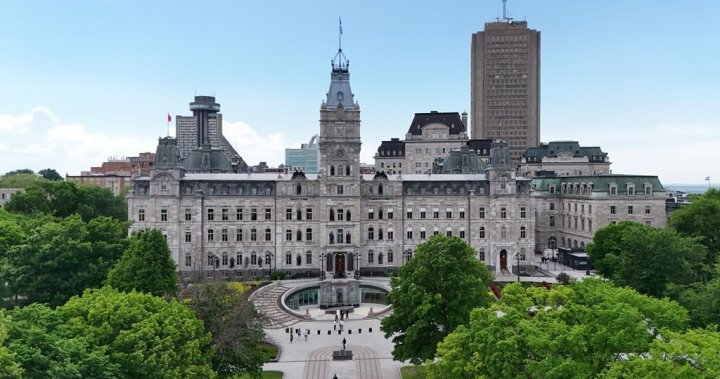The Quebec government has recently announced a suspension of most new international adoption applications, citing significant concerns regarding human rights violations and the trafficking of children. The decision reflects an urgent need to address the potential for illegal practices inherent in international adoptions, including abductions, child sales, and various forms of child trafficking. In a public statement, government officials emphasized the importance of ensuring that all adoptions conducted are legally sound and ethically responsible, leading to the suspension while a more robust regulatory framework is developed.
This moratorium is part of a larger movement, as various jurisdictions around the globe are reevaluating and limiting international adoptions due to similar concerns. Quebec’s action aligns with steps taken by countries like France, the Netherlands, Denmark, and South Korea, all of which have also recognized the need to strengthen their adoption protocols to protect children’s rights and welfare. The government in Quebec intends to fortify the existing system significantly to mitigate not only the risks of compromised adoptions but also to minimize instances where adopted children may ultimately end up back in the child welfare system, a situation that can have detrimental long-term effects.
The Canadian federal government has echoed Quebec’s position, stating that all provinces and territories have put a pause on adoptions from several designated countries, including Georgia, Guatemala, Liberia, Nepal, and Ukraine. These nations have been flagged due to ongoing issues regarding the integrity of their child adoption processes, which have raised red flags about child protection and the potential for illicit activities surrounding the adoption of children. This unified stance among Canadian jurisdictions illustrates a collective commitment to safeguarding vulnerable children and ensuring ethical adoption practices.
Importantly, the Quebec government clarified that adoptions already in progress would not be impacted by this suspension. Families engaged in ongoing adoptions can continue with their processes, as can those that fall under limited categories permitted without the involvement of certified agencies. This distinction aims to provide reassurance to families and children who are already navigating the often-complex and emotionally charged adoption process, thereby preventing undue distress or disruptions during their transitions.
The suspension highlights the broader implications for prospective adoptive families who may find themselves with renewed uncertainty regarding the international adoption landscape. While the move may initially appear to hinder new adoptions, it ultimately seeks to cultivate a safer and more accountable framework that can provide higher assurance regarding the legitimacy and safety of future adoptions. By prioritizing child welfare and ethical considerations, Quebec hopes to foster a more transparent and ethical adoption system that aligns with international best practices.
Adoption is a multifaceted and challenging societal issue, especially when it intersects with global human rights frameworks and the needs of vulnerable children. As various governments, including Quebec’s, take proactive measures to reevaluate and enhance their adoption protocols, it opens up broader discussions regarding the responsibilities and ethical obligations of adopting nations. The hope remains that through these efforts, the cycle of trafficking and exploitation can be curtailed, leading to a more trustworthy and compassionate approach to international adoptions in the future.

